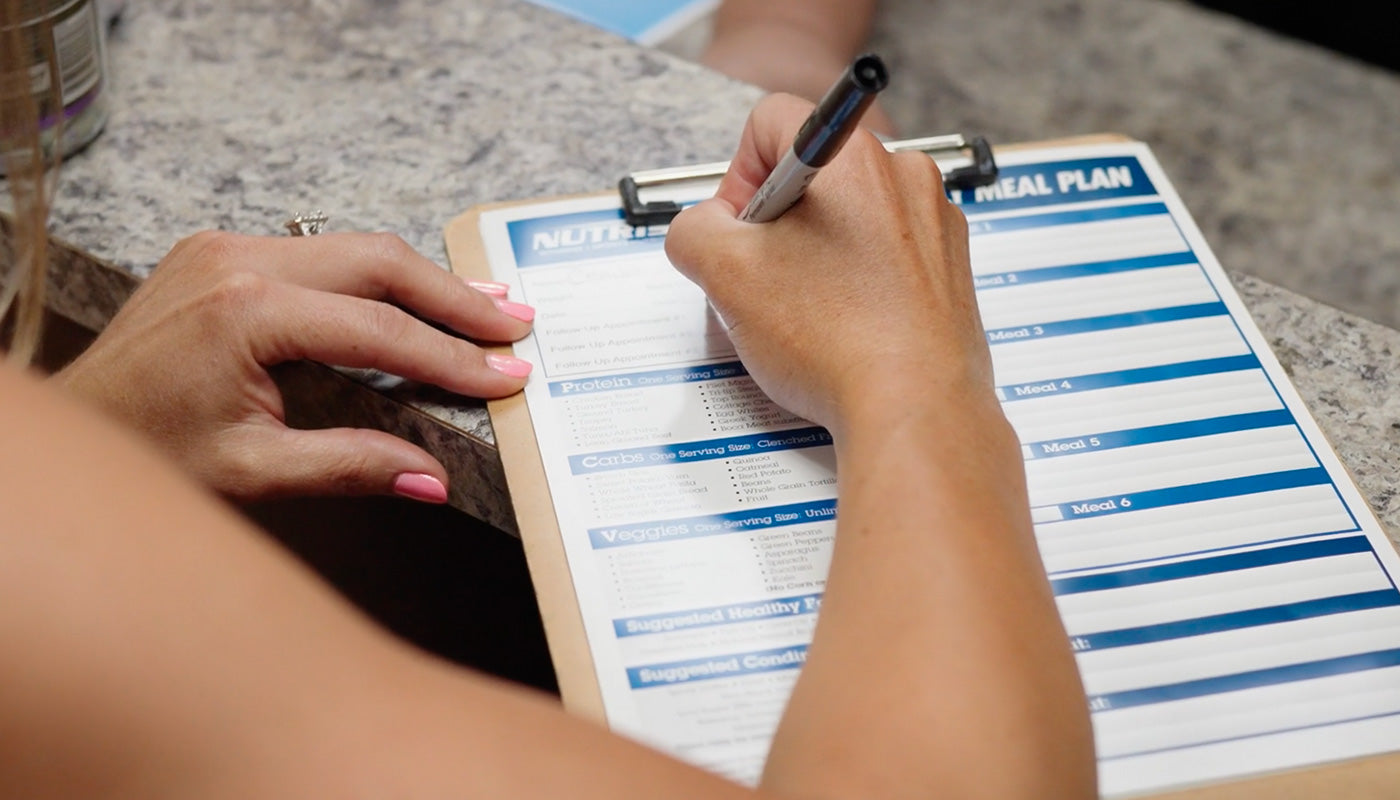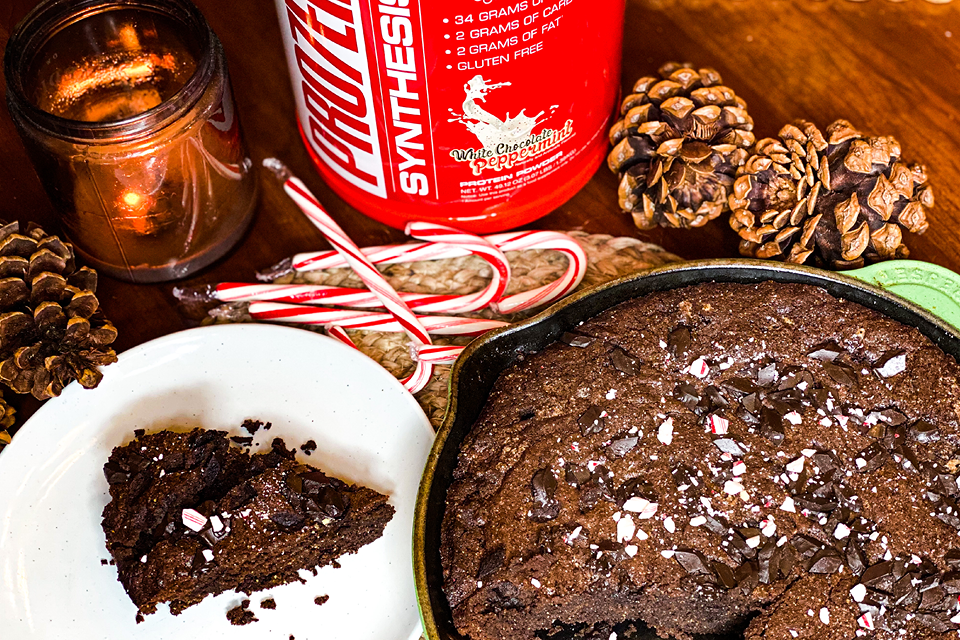How many times have you made a New Year's Resolution to lose weight? Would you like to ring in 2021 with a different tradition? Great news! You can start achieving your weight-loss goals BEFORE the New Year! And, you don't have to starve yourself or spend countless hours in the gym every day.
When it comes to weight-loss goals, people often focus on the outcome goal, which sounds like, "I want to lose 30 pounds." Outcome goals are helpful because they are measurable ways of letting you know you have achieved what you set out to achieve.
However, with just six weeks left before the New Year, it's not safely possible to lose 30 pounds. But, you could potentially lose up to 12 pounds! Here are some actionable steps you can take to ignite your weight-loss goals BEFORE the New Year.
Assess your sleep.
If you sleep less than 7 hours/night, add 15 minutes/day/week to your daily routine. Hormones like thyroid, insulin, and cortisol reset during your sleep. Without enough consistent sleep, hormone imbalances can occur, which leads to weight gain, body fat retention, and water retention. After prolonged sleep deprivation, your hormones can take several months to regulate once you achieve an ideal regular sleep schedule.
Take pictures.
For three days, take photos of everything you put in your mouth (even that bite of your kiddos' leftover dinner). After three days, scan your photo collection for beverages, sauces, dressings, and on-the-go, unintended bites of food that don't have specific nutritional purposes. Start replacing sugary drinks with fruit-infused water or plain water. Swap sauces and dressings with dry spices or fresh herbs, and remove unintentional, on-the-go bites from your daily habits.

Use a meal tracker app.
Write down everything you take in for three days using a meal tracker app like Lose It or MyFitnessPal. Reflect on the total amount of calories. Less than 1,500 calories/day may be a sign of a temporary diet plan or a plan that slows your metabolism down. Try increasing your nutrition with an extra 1-2 serving of vegetables or lean protein each day. If you are ingesting more calories and have noticed a weight-gain trend, set a goal for reducing your calories by 10% per day instead of skipping meals or trying to make up for calories by over-exercising.
Take your nutrition analysis one step further.
During your three-day tracking, examine what percentage of your nutrition plan comes from carbohydrate, protein, and fat. Compare those to your app's average percentages. If you notice that your percentages seem skewed compared to average (without a specific, intentional reason), think about ways to change your ratios for the next week. For example, if you consume 80% carbohydrate, 10% protein, and 10% fat, you may wish to increase protein and fat while decreasing carbohydrates in your meal plan for the following week. You could do this by adding a lean protein (i.e., egg, soy, chicken, fish, lean beef, or a protein shake) and a healthy fat (i.e., olive oil, nuts, seeds) to replace half of your carbohydrate (i.e., grains) for 1-2 meals each day.
Look for triggers.
If you find yourself mindlessly eating without a nutrition-driven purpose, ask why. Eating is a behavior, and it is often triggered by situations like stress, trying to stay awake too many hours/day, or being around specific social environments. Once you know your triggers, you can identify them in the moment, then make a conscious decision to take alternative action to mindless non-purposeful eating.

Create a visual reward.
As you follow the above steps to create your weight-loss success plan, take inventory each week. For each day, give yourself a grade from A-C for each of the following:
- Met sleep goal
- Ate foods that aligned to your selected nutrition plan
- Took alternative action when non-purposeful eating triggers arose
If you are achieving mostly A's and B's, you are on your way to success (assuming there is no underlying medical issue). If you are achieving mostly C's, this is a signal to embrace change in a different way by modifying your plan. Strive for progress, not perfection.
In Closing
Start with the above six steps, rewarding yourself with A's and B's for your successful actions. Modify your goal for success if you consistently see C's. If you need more ideas or help coming up with process goals to support weight loss, stop by your local NUTRISHOP store and speak to an expert nutrition consultant. It's time to celebrate success before 2021!
------------
ABOUT THE AUTHOR: Dr. Meredith Butulis is a Sports Medicine Physical Therapist, NSCA Certified Strength and Conditioning Coach, ACSM Certified Exercise Physiologist, NASM Certified Personal Trainer, and Precision Nutrition Certified Nutrition Coach in practice since 2002. She consistently walks the talk as a fitness, physique, and OCR world level competitor and lifestyle transformer since 2006, celebrating many wins along the way. Want more total fitness lifestyle inspiration and interaction? Follow Dr. Meredith on Instagram @Dr.MeredithButulis or join the free "Fitness Focus Fuel" Facebook Group.






